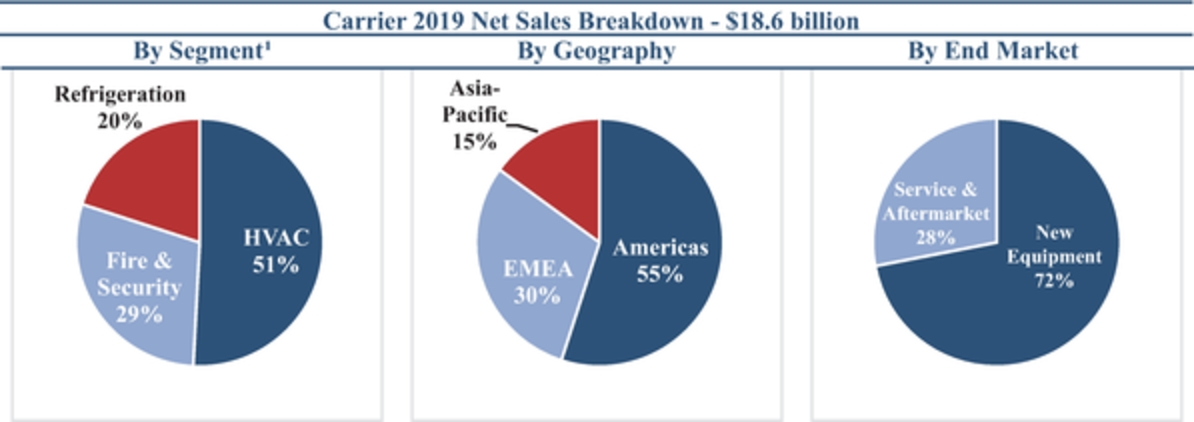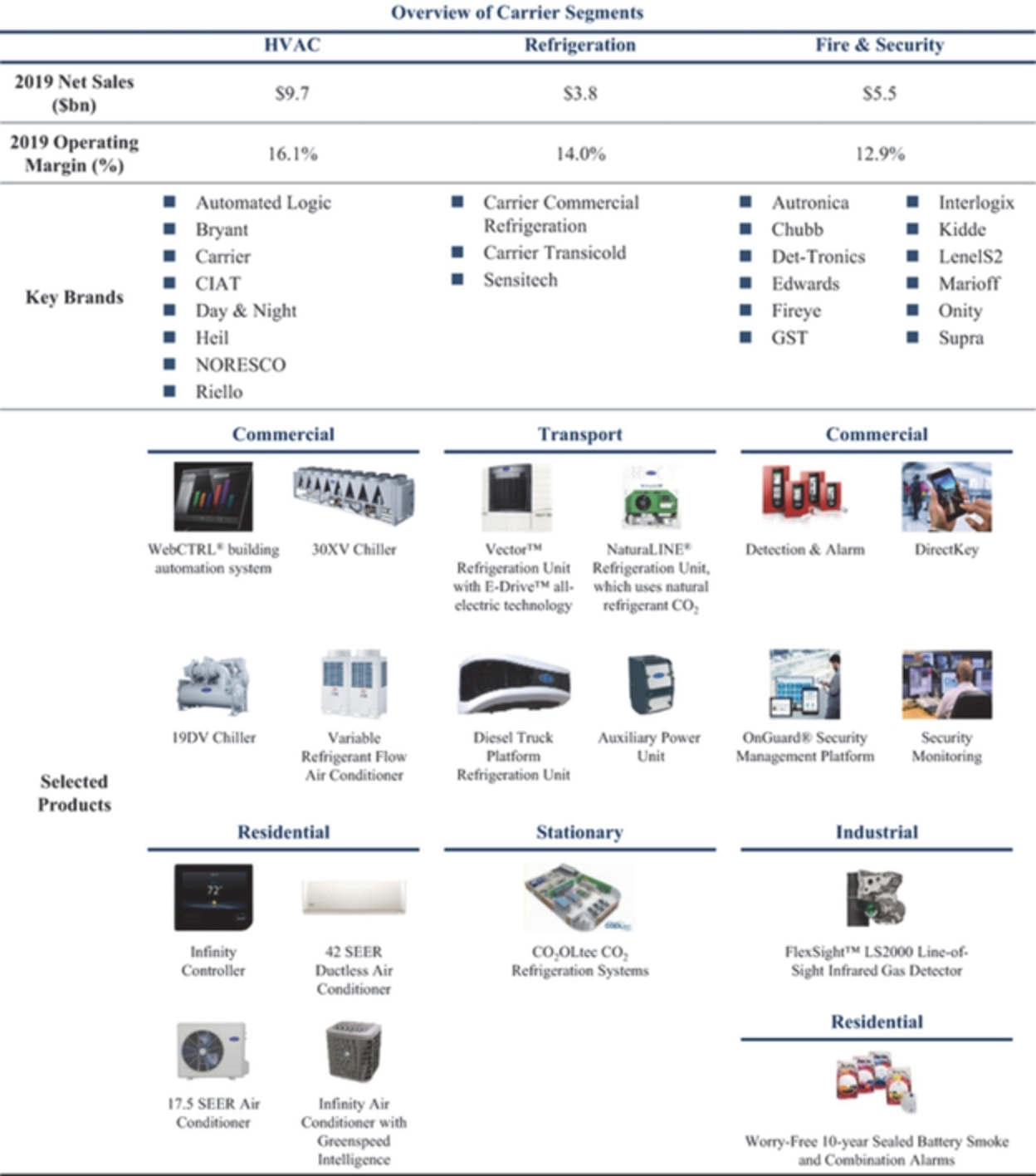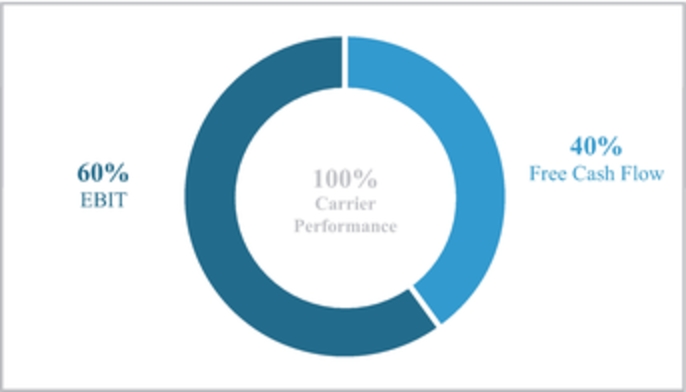We may be affected by global economic, capital market and political conditions in general, and conditions in the construction, transportation and infrastructure industries in particular.
Our business, financial condition, operating results and cash flows may be adversely affected by changes in global economic conditions and geopolitical risks, including credit market conditions, levels of consumer and business confidence, fluctuations in residential, commercial and industrial construction activity, pandemic health issues (including coronavirus and its effects, among other things, on global supply, demand, and distribution disruptions as the coronavirus outbreak continues and results in an increasingly prolonged period of travel, commercial and/or other similar restrictions and limitations), natural disasters, regulatory changes, commodity prices, raw material and energy costs, interest rates, exchange rates, levels of government spending and deficits, trade policies (including tariffs, boycotts and sanctions), political conditions, regulatory changes, actual or anticipated default on sovereign debt and other challenges that could affect the global economy.
These economic and political conditions affect our business in a number of ways. At this point, the extent to which the coronavirus may impact the global economy is uncertain, but pandemics or other significant public health events, or the perception that such events may occur, could have a material adverse effect on our business, results of operations and financial condition. Additionally, the tightening of credit in the capital markets could adversely affect the ability of our customers, including individual end-customers and businesses, to obtain financing for significant purchases and operations, which could result in a decrease in or cancellation of orders for our products and services. Similarly, tightening credit may adversely affect our supply base and increase the potential for one or more of our suppliers to experience financial distress or bankruptcy. Additionally, because we have a number of factories and suppliers in foreign countries, the imposition of tariffs or sanctions, or unusually restrictive border crossing rules could adversely affect our supply chain and overall business.
Our business is also adversely affected by decreases in the general level of economic activity, such as decreases in business and consumer spending, construction activity and shipping activity. A slowdown in building and remodeling activity also can adversely affect our financial performance. In addition, our financial performance may be influenced by the production and utilization of transport equipment, including truck production cycles in North America and Europe, and, particularly in our HVAC business, weather conditions.
We use a variety of raw materials, supplier-provided parts, components, subcomponents and third-party service providers in our business, and significant shortages, supplier capacity constraints, supplier production disruptions, price increases, trade disruptions or tariffs could increase our operating costs and adversely impact the competitive positions of our products.
Our reliance on suppliers (including third-party logistics providers) and commodity markets to secure the raw materials and components used in our products, and on service providers to deliver our products, exposes us to volatility in the prices and availability of these materials and services. In certain instances, we depend upon a single source of supply, manufacturing, logistics support or assembly, or participate in commodity markets that may be subject to allocations of limited supplies. Issues with suppliers (such as a disruption in deliveries, capacity constraints, production disruptions, quality issues and consolidations, closings or bankruptcies), price increases, decreased availability of raw materials or commodities or decreased availability of trucks and other delivery service resources could have a material adverse effect on our ability to meet our commitments to customers or increase our operating costs. Tariffs can increase our costs, the impact of which is difficult to predict. We believe that our supply management and production practices are based on an appropriate balancing of the foreseeable risks and the costs of alternative practices. Nonetheless, these risks may have a material adverse effect on our competitive position, results of operations, cash flows or financial condition.
We design, manufacture and service products that incorporate advanced technologies. The introduction of new products and technologies involves risks, and we may not realize the degree or timing of benefits initially anticipated.
We seek to grow our business through the design, development, production, sale and support of innovative products that incorporate advanced technologies. The laws and regulations applicable to our products, and our customers’ product and service needs, change from time to time, and regulatory changes may render our products and technologies noncompliant. Our ability to realize the anticipated benefits of our technological advancements or product improvements depends on a variety of factors, including meeting development, production, certification and regulatory approval schedules; execution of internal and external performance plans; availability of supplier and internally produced parts and materials; performance of suppliers and subcontractors; hiring and


